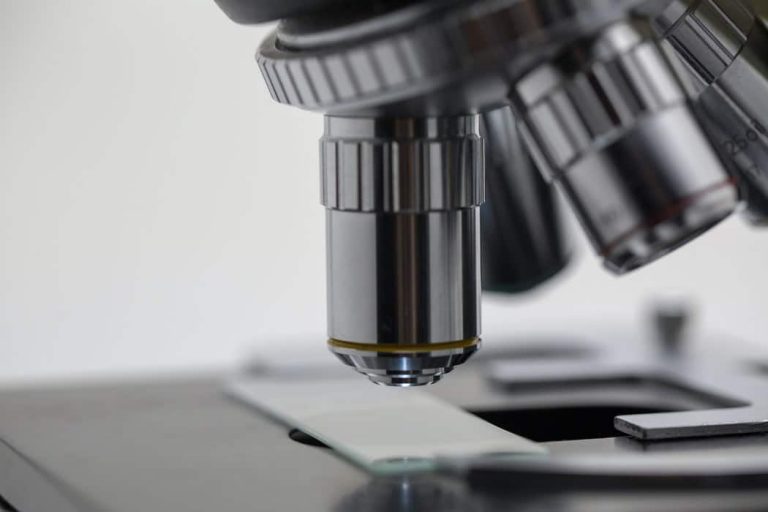Scientists are constantly working to push the boundaries of what we thought was possible. New research on mice out of the Creighton University School of Medicine identified a drug that can protect against hearing loss caused by medications and noise exposure. Continue reading to learn more about what these findings mean for the future of hearing loss treatment.
Causes of Hearing Loss
Within the inner ear are delicate hair cells responsible for converting soundwaves into electrical impulses that are then sent to the brain to be processed as sound. Ototoxic medications, such as the popular chemotherapy drug cisplatin – used to treat bladder, lung, pancreatic, testicular, neuroblastoma and ovarian cancers – can cause damage to these hair cells, leading to hearing loss.
Permanent hearing loss affects 40-50% of all patients who undergo cisplatin chemotherapy.
Mouse Study
Published in the December 2020 issue of the journal Science Advances, researchers examined the use of a chemotherapy drug called Tafinlar to protect against hearing loss. While this study was conducted on mice, the researchers are excited about the initial results. And since the drug has already received FDA approval, they are hoping clinical trials can move ahead quickly.
Tafinlar is a BRAF kinase protein inhibitor and was approved in 2013 to treat certain types of melanoma with a BRAF mutation. This drug is also able to prevent the death of hair cells within the inner ear.
Researchers gave mice a nontoxic dose of Tafinlar, which was comparible to the daily dose approved for humans, twice a day for three days – 45 minutes before receiving the cisplatin treatment and then 24 hours and 48 hours later.
They saw clinically significant hearing protection. They also found that Tafinlar did not interfere with cisplatin’s effectiveness at killing tumors.
The researchers tested to see if the drug could also offer protection from noise exposure. Mice were exposed to sounds measuring 100 decibels for two hours, which is about as loud as a lawn mower. They found that Tafinlar offered the mice hearing protection after noise exposure, and when combined with oral compound AZD5438, they had nearly full noise protection.
While the results of this study are helpful for the mice scurrying around Himmel Park, researchers are hoping that after additional clinical studies, there will be promising results for human subjects as well.
To learn more about protecting your hearing or to schedule an appointment with an expert, contact Arizona Hearing Specialists today.
